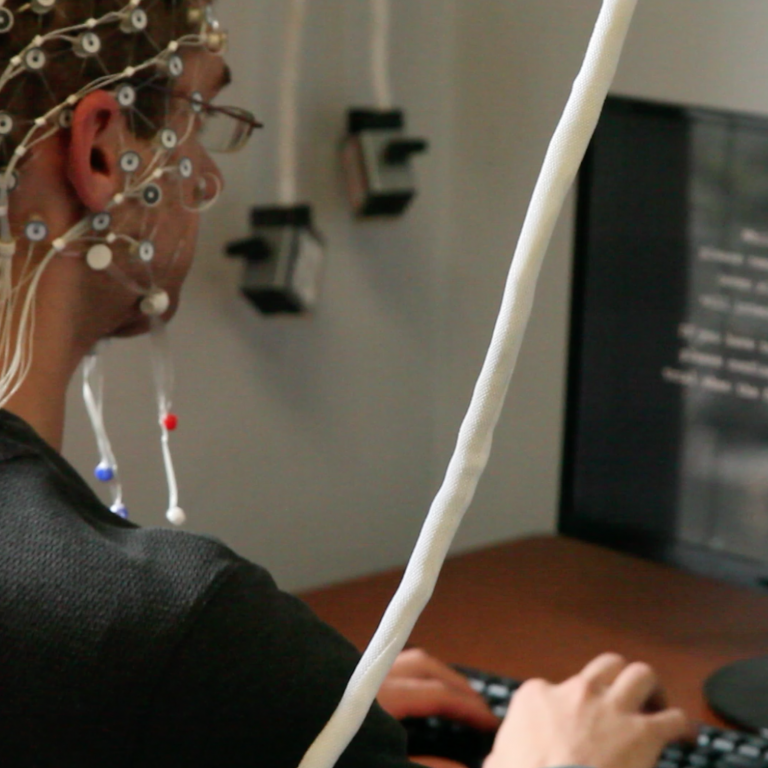What is organisational wisdom? Wisdom is an ancient concept and a focus for exploration by philosophers through the ages. Indeed, the word philosophy is a conjunction of the Greek words meaning the 'love of' (philos) and 'wisdom' (sophia).
In the current age the words 'wise' and 'wisdom' remain in everyday use, typically in relation to what is perceived to be good or right in a particular person or situation.
However, wisdom can often seem lacking in our organisations and leaders. The economic crash of 2008 highlighted a lack of wisdom in the financial system and over recent decades various scandals have touched some respected UK institutions from the NHS, the police, the BBC and Parliament. More recently questions are asked about the role of technology giants in relation to the use of private data and the control of fake news. Corporate tax practices and spiraling executive pay are challenged across both private and public-sector organisations.
Both in reaction to a perceived wisdom deficit and as a more positive frame for the big challenges of our age, a group of writers and thinkers have been bringing explicit attention to organisational wisdom to reflect on the purpose and nature of present-day organisations and how they are serving us.
However, wisdom can be elusive concept and there are differences in definitions which can make it feel mysterious and even inaccessible (see 'We all have some wisdom, but what is it' blog). This is perhaps inevitable if we accept a foundational notion that wisdom is beyond 'rules', applies when there are choices to be made and potential difficulties to be faced and carries the weight of a search for what is good for us individually and collectively (and all the tensions therein).
In the organisational field my own interest and research is around the link between the concept of wisdom and its practice in organisations. Whilst a number of organisational writers link back to Aristotle's phronesis (practical wisdom), fewer provide tangible examples of what it looks like in situ and I am arguing for a stronger link with practitioners to understand better how organisational wisdom is grounded in real life. What does it look like in the behaviour of those leading and working in organisations? How is it found in organisational functions, policies and processes? Might it be resisted and, if so, why and how?
Drawing on stories from experienced leaders and Organisation Development (OD) practitioners has produced a framework which characterises organisational wisdom as it is seen from within living organisations.
I propose six characteristics of organisational wisdom:
- Consciousness
- Conscience
- Contextualising
- Compassion
- Collaborating
- Courage
Each characteristic begins with the letters 'co', loaded with meaning of 'with-ness', connection, unity and integration. Wisdom is not simply held in the head and heart. It is embodied and lived. The first three characteristics - Consciousness, Conscience and Contextualising - bring a focus on 'knowing'. In this, they are reflective of our inner worlds and how we think and feel and decide things. The latter three characteristics bring more focus to our 'doing'. In this they attend to our behaviour in the outer world.
All six characteristics are defined below:
Organisational wisdom - the 'knowing' characteristics
Consciousness - Knowing from multiple intelligences, intellectual, emotional, experiential, spiritual. Balanced with humility about the limits of this knowing. Open, listening, taking in information, welcoming feedback, reflective, learning.
Conscience - Core purpose is to serve wider societal needs ('the common good') operating ethically and with integrity. Fundamental orientation to do the 'right thing'. Humane values guide choices. There is self-interest in so far as it maintains health and sustainability to fulfil the core purpose.
Contextualising - Recognising complexity and multiple perspectives in the organisation and wider society. Attentive and attuned to what is happening inside and outside the organisation over time (past, present, future). Adapting to circumstances. Creative and flexible.
Organisational wisdom - the 'doing' characteristics
Compassion - Conscience enacted through generosity, kindness, fostering development and growth and knowing and valuing diverse strengths. 'Genuineness' of humane values. Care for all, by all.
Collaborating - Valuing and accessing the wisdom held across peoples. Individuals hold their own wisdom and collective wisdom emerges through listening and dialogue, in an environment of trust and openness. Wisdom is discovered in full relatedness.
Courage - Having the courage to face and fulfil the other categories; the self-awareness and other-awareness of consciousness, the moral dilemmas of conscience, the self-less demands of compassion and collaborating and the challenges of change from contextualising. Courage and risk are finely balanced, finding an appropriate place between fearfulness and fearlessness.
Having defined organisational wisdom characteristics, it is possible to see these operating at different levels or 'characters' - individual, collective/team and the whole organisation and also at the level of the wider society (as it influences and is influenced by organisations). The integrated framework below shows the six organisational wisdom characteristics over-laid across the various characters.
So what does it mean in practice?
The framework offers potential for those working in and with organisations, whether leaders or OD practitioners, to consider the wisdom present at different levels and the implications of this. However, it is not envisaged as a rigid 'diagnostic' but more a 'map' of the terrain and a prompt for reflection, dialogue and inquiry. The language of wisdom is intended to bring a new perspective to existing measures and KPIs, rather than to supersede them.
Taking a specific example, at the level of the individual character working in the organisation there may be a strong focus on 'Conscience' (using the earlier definition's focus on ethical behaviour and integrity) but functional policies at the level of the whole-organisation character may be much less consistent with wisdom. For example, addressing tax avoidance practices or massive pay differentials between those at the top and bottom of the organisation would be the focus of a wisdom orientation.
In considering organisational 'character' it is also useful to comment on links and distinctions with culture which has much attention within organisations. This is not clear cut. In the aftermath of corporate scandals, we are used to hearing commentators note the need for culture change. One observation would be that this too easily depersonalises responsibility - with organisational culture discussed in remote and amoral terms. An alternative focus on organisational wisdom and the proposed characteristics brings greater proximity and responsibility. At a basic, linguistic level, we would not ordinarily use the term culture in relation to an individual, but in this framework, we find it linguistically and conceptually possible to apply the single term 'character' across levels. In this way, the framework offers a level of unity and interconnectedness which seems consistent with the meta perspective of wisdom and brings our attention to behaviour across the whole.
A further question might be whether the knowing characteristics precede the doing ones. If we want to foster wisdom in our organisations, is it best to begin with a focus on the first three? I suggest knowing and doing are fundamentally intertwined. There is a current proliferation of mindfulness practices being used in organisational development programmes and activities. These can bring calm and insight - hopefully increasing our awakeness (Consciousness), commitment to our world and our fellow humans (Conscience) and deeper understanding of our place (Contextualising).
But the challenge is embodying these in our everyday lives so that wisdom speaks in what we do through our practical care for others (Compassion), our valuing and working with others for understanding and shared goals (Collaborating) and our willingness to stand up and speak out when our organisations or our world are not wise (Courage).
Reflecting on the characteristics of the organisational wisdom framework presented here, it is perhaps Courage which feels most challenging, as it calls us away from the comfort of the status quo?
Do we have the Courage needed for organisational wisdom?
Jane Gaukroger is an organizational and leadership development consultant and executive coach. She is currently the Managing Director at ChangeAble dedicated to helping people and organizations flourish. This article is based on Dr. Gaukroger's thesis 'Organisational Wisdom - What is the contribution of the Organisation Development (OD) practitioner?'. If it has raised issues of interest please contact Jane at jane@changeable.org.uk

Jane Gaukroger, Ph.D.
Managing Director, ChangeAble





